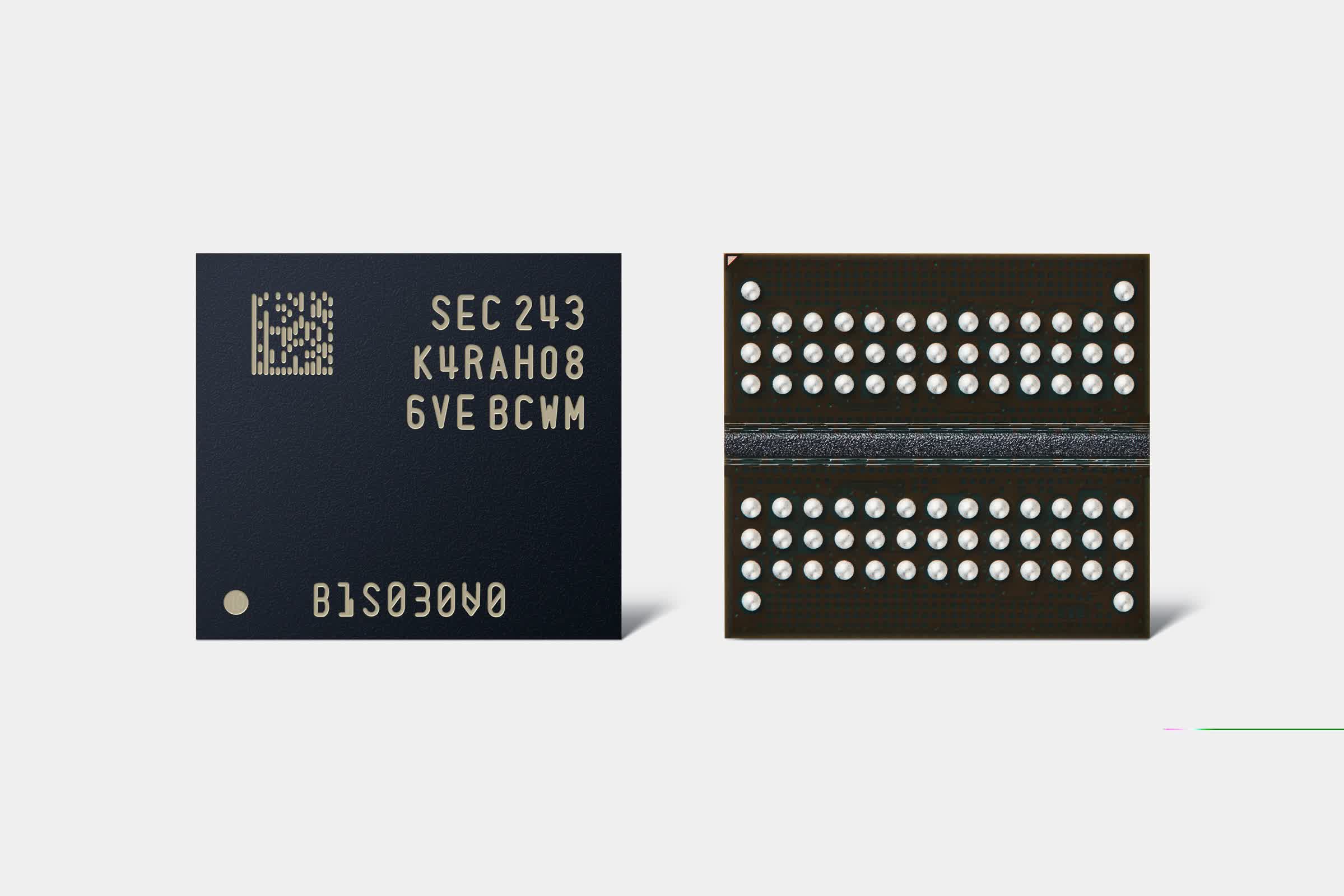What just happened? By hook or crook, China is determined to advance its chip-making capabilities despite Washington's best efforts to limit its technological innovation. This race for dominance has made the semiconductor industry a hotbed of industrial espionage activity. The arrest of two ex-Samsung executives shows just how elaborate these thefts have become.
Two former Samsung Electronics executives have been arrested on charges of industrial espionage by South Korean authorities. The arrests are particularly shocking because the pair allegedly participated in an elaborate scheme to replicate an entire chipmaking factory in China.
The two suspects, identified only by their surnames Choi and Oh, are accused of stealing semiconductor technologies valued at $3.2 billion from Samsung. They allegedly collaborated with Chinese officials to establish a joint venture called Chengdu Gaozhen that was to build a factory using Samsung's advanced chip manufacturing capabilities.
Choi, a 66-year-old former Samsung executive, is said to have recruited South Korean semiconductor experts as well as facilitated the leak of the proprietary memory technologies. Oh, a former senior researcher at Samsung, joined Chengdu Gaozhen as the chief plant designer, where he reportedly played a crucial role in the alleged technology theft.

The technology they were after was Samsung's 20-nanometer DRAM (Dynamic Random Access Memory). The suspects stole the blueprints for this advanced memory chip and also managed to develop basic products as early as April 2022, according to the police accounts.
As the investigation continues, authorities are probing whether other former Samsung employees may have stolen intellectual property after joining Chengdu Gaozhen.
South Korean authorities have described the incident as a serious national security breach, noting that it harmed Samsung and also weakened the nation's competitiveness in the ongoing global chip war.
These arrests come amid escalating tensions between China and the US over semiconductor technology. Meanwhile, South Korea finds itself having to balance its role as a key ally to Washington, which seeks to limit Beijing's technological ambitions while maintaining economic ties with China.
This case mirrors a similar incident in which an employee of a South Korean tech company was arrested for stealing trade secrets. Last May, a former SK hynix employee was arrested at a South Korean airport for printing 3,000 pages of semiconductor process data before leaving the company. Prosecutors claim she intended to deliver these documents to Huawei, but the Chinese national has denied all charges.
